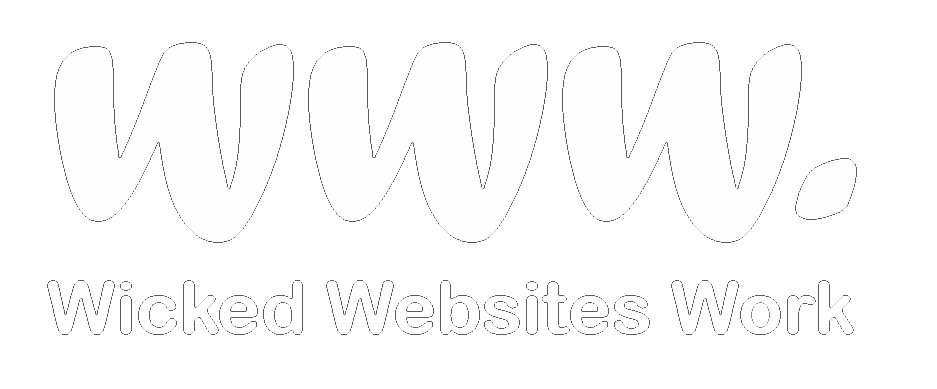What can we learn from the widely reported ‘Panama Papers’ leak?
It’s called the Panama Papers because the leak originated from a Panamanian Corporate Service Provider called Mossack Fonseca.
So, what actually happened? Approximately 11.5 million confidential documents were uncovered detailing the names of shareholders and directors of over 210,000 offshore companies. Some of the names are connected to shell companies that may have been used for illegal purposes such as fraud, drug smuggling and tax evasion.
When the document leak became public on 3 April 2016 there were five then-heads of state or government leaders; as well as government officials, close relatives and associates of these various heads of government. The leaks are linked to individuals and companies from more than forty different countries.
So, how does this affect the rest of us mere mortals who are not trying to hide our very ordinary lives from public scrutiny? It doesn’t matter who you are, everybody’s on-line ‘data security’ is critical whether they have £2 million in stocks and shares; or £2.50 in their local bank account. Often it’s not the amount of money at stake, but rather the rest of the information that leaks out. Once we switch on any device that connects us to the world wide web, we’re susceptible to being hacked. Many of us use the internet for all kinds of reasons and register our details with service providers, retailers, banks, HMRC and countless other organisations all of whom request a variety of different personal information.
In the case of the Panama Papers, security experts reported that Mossack Fonseca had not been encrypting its emails, as well as running old versions of certain software/plugins that had already been shown to be suspect.
So, what lessons can we learn from this massive infringement of personal data? You must review your security systems and keep them up-to-date on a regular basis. If you do not protect your systems, you can easily jeopardise your livelihood and/or compromise your personal data.
Maintaining a healthy website and keeping its security settings up-to-date is not the whole solution, but it goes a long way towards keeping hackers at bay. You wouldn’t fit a super-duper lock on your front door and then leave a series of faulty locks on your windows. So, don’t make this mistake when it comes to your website – your on-line window to the outside world.


0 comments on “‘Panama Papers’ highlights web security issues”Add yours →